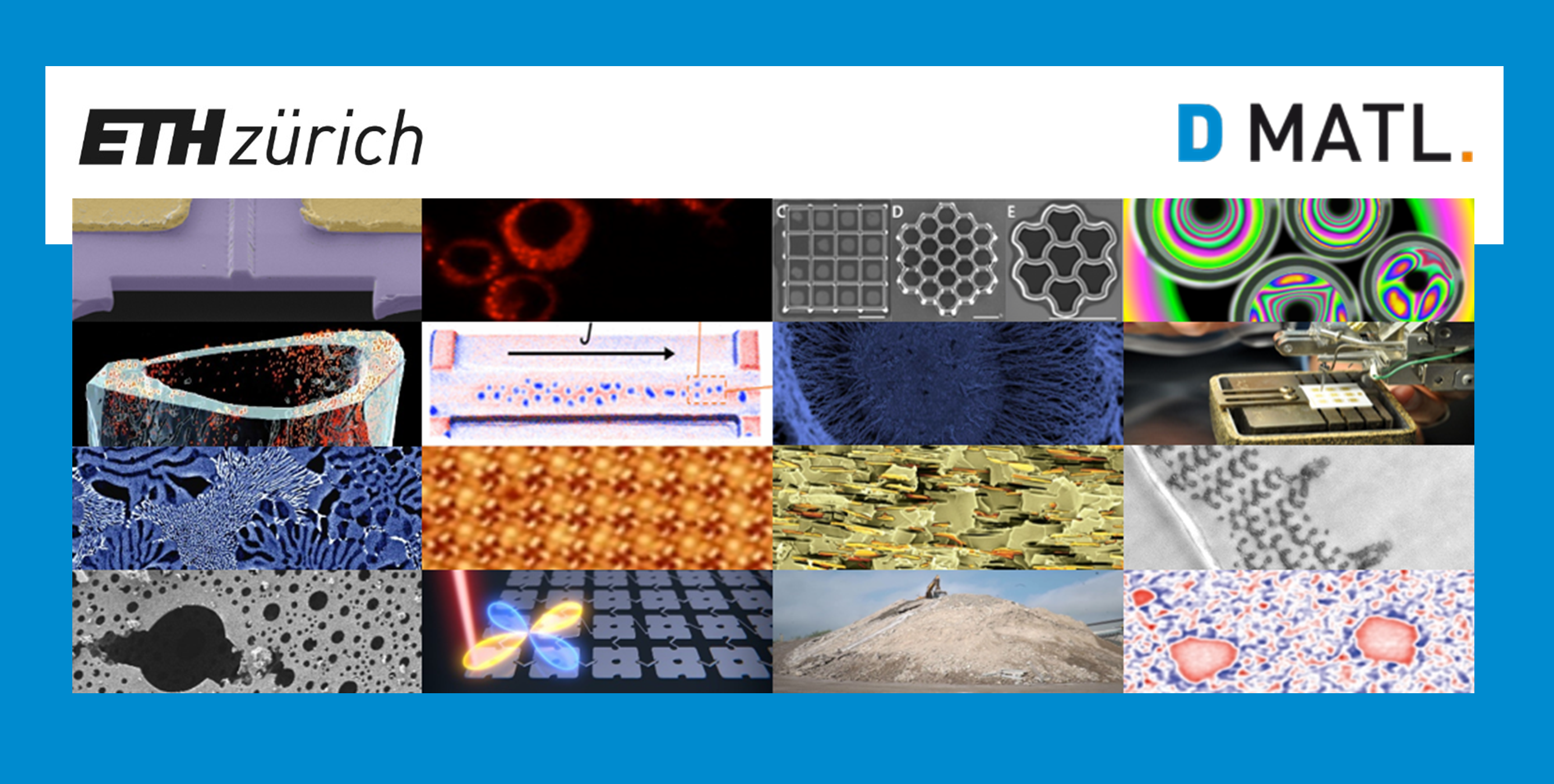Güven Kurtuldu (Metal Physics and Technology, D-MATL)
During the past 20 years, the availability of Micro Electro Mechanical Systems (MEMS)-based sensor technology leads to the development of Fast Differential Scanning Calorimetry (FDSC) with a focus on fast measurement capabilities for small scale material physics. Heating and cooling rates are typically between 1 and 50,000 K/s for a sample size between 10 ng and 10 µg. With such fast scan rates and high sensitivity, FDSC reveals new material behaviors that were previously inaccessible using conventional techniques. It gives the ability to study the relationships between the kinetics of processes in millisecond timescales and the expectations based on thermodynamics occurring in metallic systems, polymers, biological solutions, and pharmaceutical substances. In this talk, I will demonstrate how our novel experimental strategies for which FDSC has been used as a processing and phase identification technique, reveal the hidden competition between several stable and metastable crystals (including quasicrystals) in undercooled liquid metals. I will also discuss that the temperature and enthalpy calibrations of FDSC still remain a challenge that a material-specific calibration methodology must be developed and followed for each FDSC sample and scan rate.
